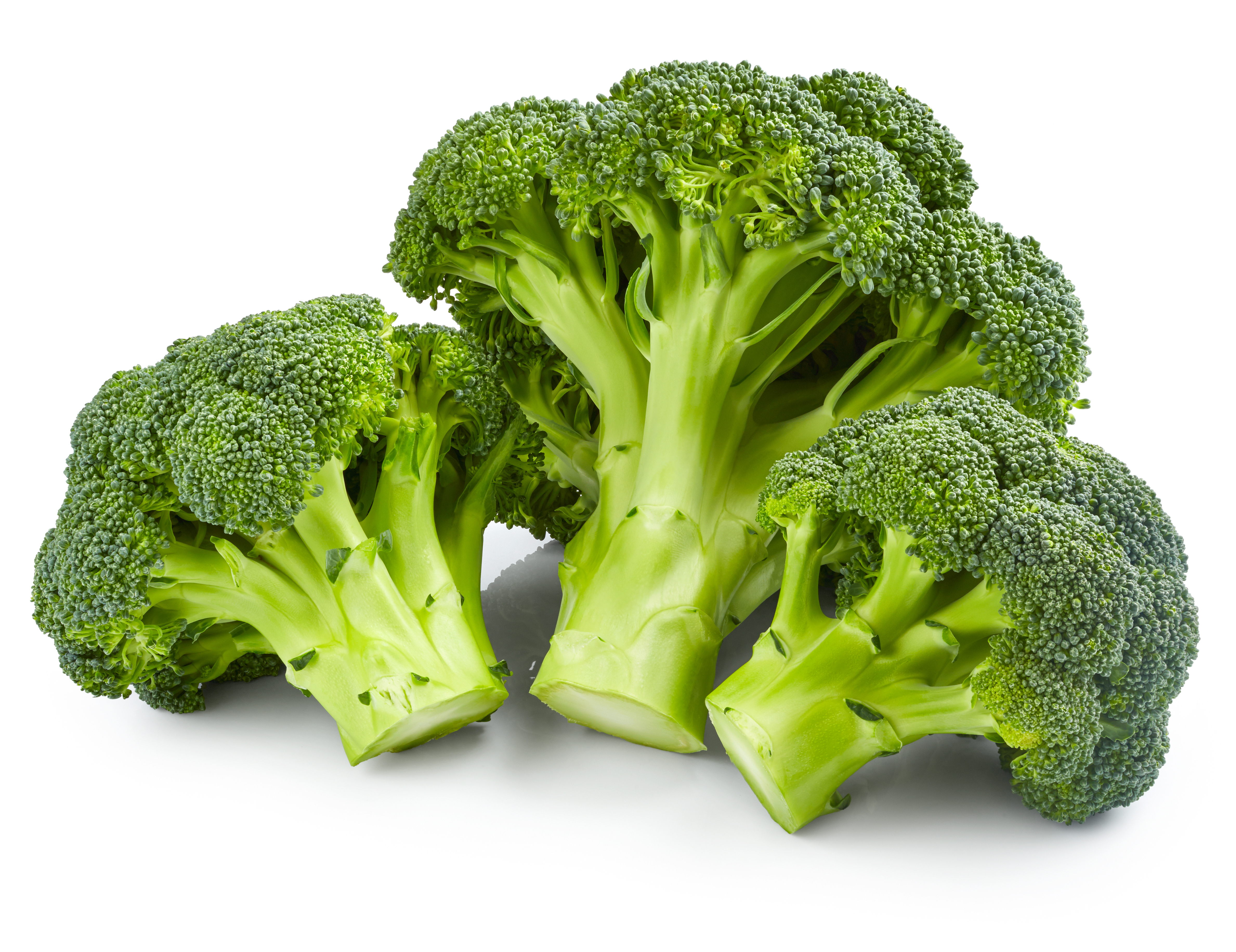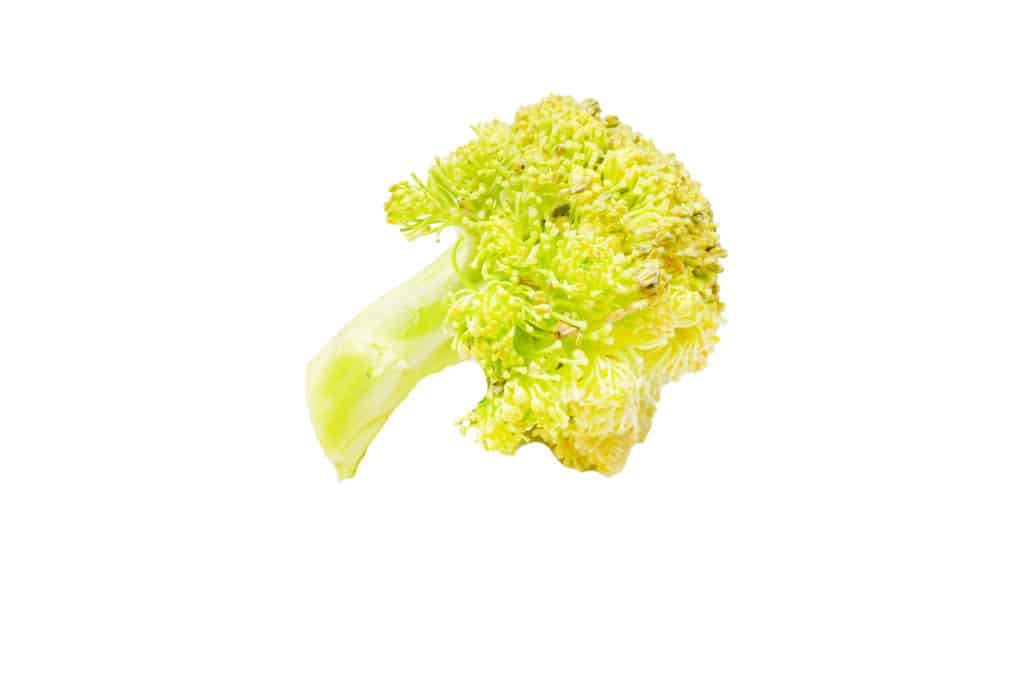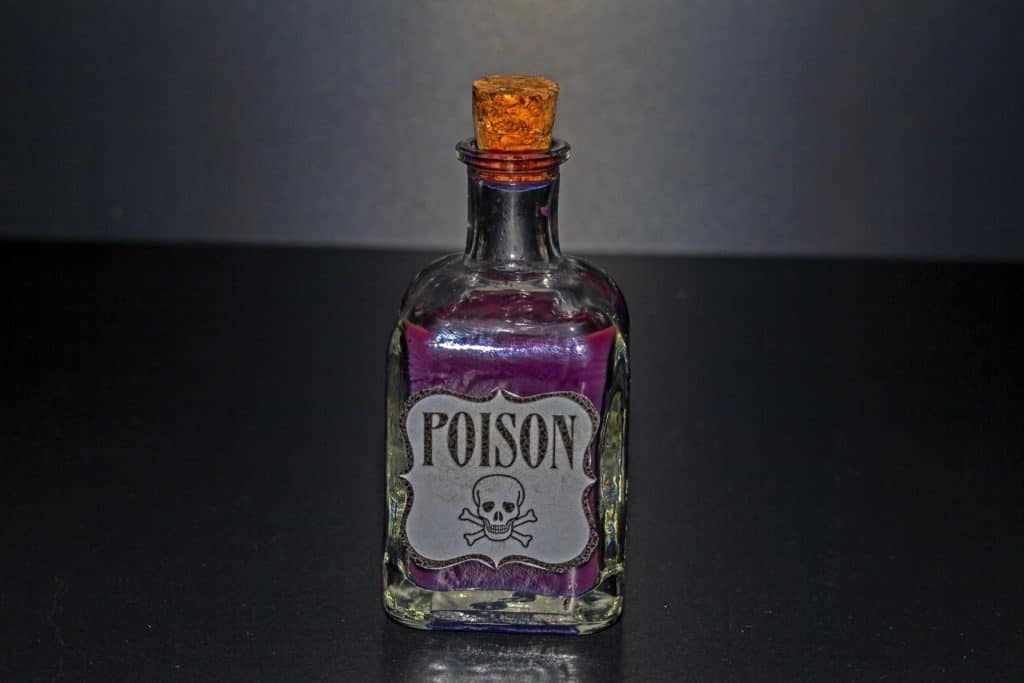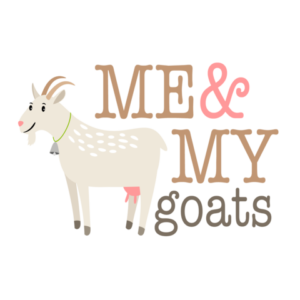
Broccoli is famous for being nutritious to humans. With all sorts of valuable vitamins and minerals in its tiny disgusting leaves, it can definitely seem like a good idea to feed it to something like a goat, which shares many of the dietary needs of a human.
Goats can eat broccoli, but they should do so sparingly, since in large amounts it can be poisonous to them. Broccoli has many of the nutrients that goats need to live, but they also have sulfur, which once in the goat’s body can become sulfides, which can make goats sick in large amounts.
While goats can eat broccoli, whether they should eat it on a regular basis is another question entirely. Since eating too much broccoli can poison your goats, it’s always a good idea to use moderation when feeding it to them.
What’s Good About Broccoli?
Iron, potassium, calcium, and magnesium are all in broccoli with a fair amount of abundance.
Like humans, goats need these minerals in their diet to be happy and healthy. Calcium is especially important for goats for a variety of reasons, especially if you have milk goats.
Milk-producing goats need extra calcium in their diet to prevent parturient paresis, a rapid onset calcium deficiency that can lead very quickly to death in many bovines that are used for milking.
Calcium is an important part of the goat’s musculatory system, and they can quickly become paralyzed if they don’t have enough of it.
Broccoli also contains selenium, an element that goats need for its particular ability to bind with vitamin E. Without enough selenium, goats’ muscles will quickly begin to degenerate.
This is called white muscle disease. It can often be linked to a lack of selenium in the natural forages available in the area, which is the case with places like Michigan where the soil is notoriously sparse in selenium.
This means that broccoli is a very good supplement to your goat’s diet, as it covers a lot of the minerals that can commonly be deficient.
What’s Bad About Broccoli

Broccoli contains a few things that are actually really bad for goats, like sulfur and glucosinolates. Sulfur combines with chemicals in the goat’s body to create sulfides, which can cause damage to the goat’s nervous system lower their appetite, a major issue for animals which are infamous for being picky.
Glucosinolates are also poisonous to goats. They can cause digestive problems and increase the size of the liver, as well as causing painful lesions to appear on your goat’s skin. Not a fun time.
Either one of these chemicals can cause permenant damage to your goats in serious amounts. However, broccoli doesn’t contain enough of either of them for it to really be poisonous in small, reasonable quantities.
It is important, though, not to feed the goats broccoli too frequently, since a buildup of either one of these chemicals can quickly make a healthy goat into a dead one.
Similar Vegetables
Broccoli is a member of the cabbage family, meaning that other members of that family carry many of the same risks and benefits for goats.
Fun cabbage fact, each member of the cabbage family was bread by humans to make one part of their anatomy especially edible. Cabbage was the leaves, broccoli was for its tiny flowers, turnips for the roots, and cauliflower for its terrible disgusting flavor.
All of these vegetables are healthy for goats in moderation, but too much of any of them will cause the same kinds of poisoning that broccoli will.
While they are all edible to goats, it’s important that you not feed them to goats in large amounts or together, since the more sulfides and glycosinolates in your goat’s diet the more likely they are to experience severe poisoning.
Other Good Things To Feed Goats
Goats aren’t really built to eat lots of fruits and vegetables as a staple of their diet. Their primary food source is meant to be grass, and in nature they forage other plants for their remaining nutrition.
This means that a lot of vegetables, while healthy for goats, can make them sick if they aren’t used in moderation.
This being said, goats love it when their diet is supplemented with fruits and vegetables as a treat. They’ll even enjoy eating pine needles and their branches.
Pumpkins, squashes, and zucchini are all great options for feeding your goats, as they act as a natural dewormer as well as providing essential nutrients.
The same as any fruit or vegetable, goats shouldn’t eat them as a staple of their diet though. Generally speaking, goats can’t handle a ton of these kinds of foods.
How To Poison A Goat

Like many other animals, there are a large number of plants that can be deadly poisons to goats. These should never be fed to them on any occasion, although they will probably attempt to eat any of these foods if they’re left nearby them.
Aside from the usual suspects like chocolate and grapes, any plant with alkaloids can also be poisonous for goats.
Plants like hemlock contain alkaloids which can kill most animals including goats, but they aren’t the only plants that contain amounts of alkaloids high enough to hurt your goats.
Other plants can produce cyanide in the goat’s body, like marijuana and arrow grass. Goats aren’t very big, meaning that it takes a lot less cyanide to hurt them than it takes to hurt a human, and humans don’t have a high tolerance for cyanide either, so that’s a pretty bad sign in my opinion.
Goats are also ruminates, meaning that they can’t digest any meat at all, including bugs and worms.
This can be a big problem if you plan on feeding your goat any kind of leafy vegetable (including broccoli leaves) since all leafy vegetables have a high tendancy toward hosting small worms and bugs. If you plan to feed them to goats, you need to be extremely careful about making sure there are no worms on them.
